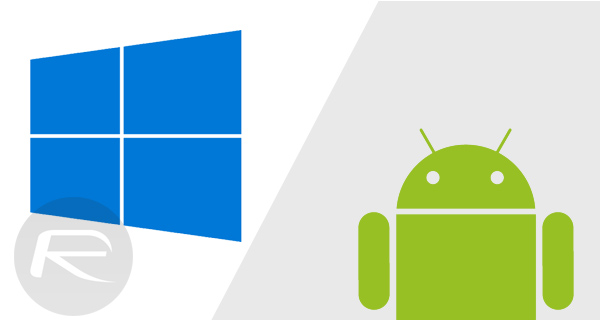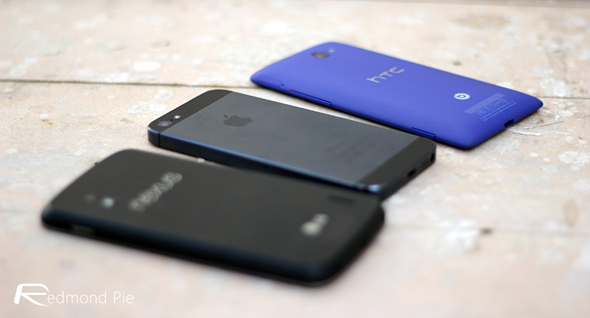Microsoft has officially announced the closure of its Project Astoria software tool that was originally announced last year. The tool was originally introduced by the software giant as a way for developers to port existing Android apps to the new Windows 10 platform by utilizing the same codebase of the existing apps. Astoria would essentially do some intelligence behind the scenes to bridge the gap between the two platforms, resulting in an enhanced Windows 10 experience. The immediate closure of the project represents a fairly significant setback in the company’s efforts to bolster the app offering on Windows 10 Mobile.
Anyone who has used a smartphone or tablet on Windows 10, as well as Android or iOS, will be fully aware that the app selection on the former is unbelievably lacking compared to its counterparts. Project Astoria, which was announced alongside Project Centennial and Project Islandwood, was one attempt by Microsoft to try and entice developers into releasing software onto its Store for apps by providing them with a relatively easy and pain free mechanism to do so. Microsoft hoped that in turn, more consumers would be attracted to the Windows 10 platform and associated hardware.

As one door closes, Microsoft has also announced that the aforementioned Project Centennial – which allows old-school software to be ported to Windows 10 – and Project Islandwood – which affords the same bridging capabilities to iOS apps – will continue to remain active going forward. There’s no official word from Microsoft on why Astoria has been given the chop, but we can only surmise that the majority of developers looking to port an app in one form or another were looking to do so from an existing iOS codebase.

It’s extremely interesting that this particular announcement coincides with Microsoft’s $500 million purchase of Xamarin. The Xamarin platform is essentially a cross-platform development solution that lets developers write one codebase and run that on multiple platforms, including Windows 10 and Android. Microsoft may be immediately ceasing the Astoria project, but it looks as though it’s investing resources elsewhere in the hope of getting more apps onto its Store for apps. We aren’t exactly sure how many developers were actually using the Astoria bridge, but it’s still great to see Microsoft looking at alternative means of getting a healthier app ecosystem on Windows 10.
(Source: Microsoft)
You can follow us on Twitter, add us to your circle on Google+ or like our Facebook page to keep yourself updated on all the latest from Microsoft, Google, Apple and the Web.

